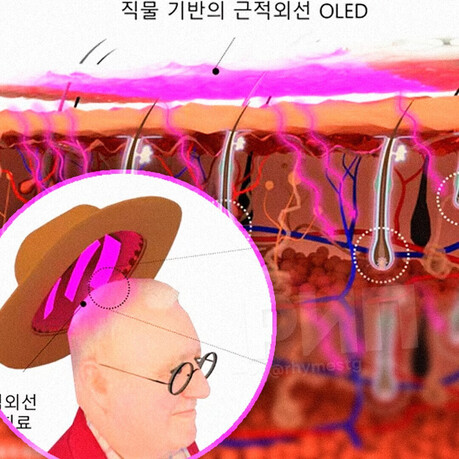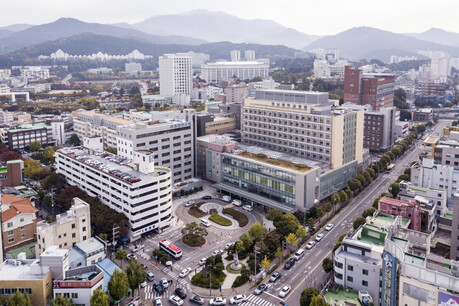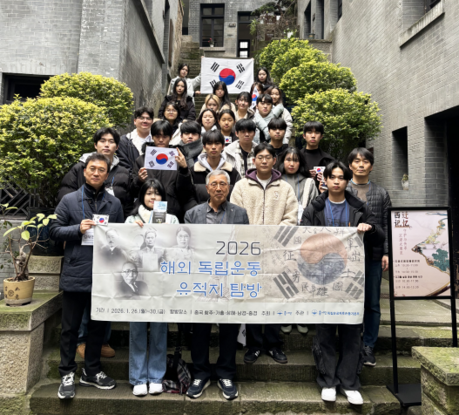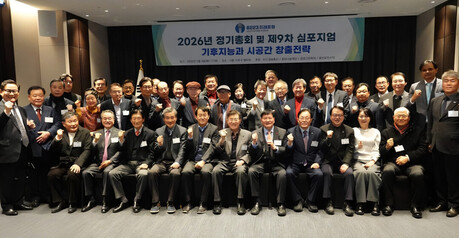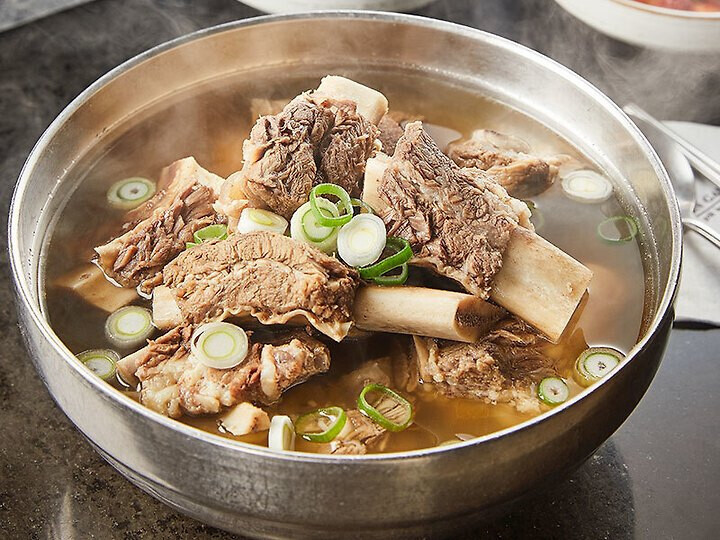
Galbitang, a beloved Korean soup, has captured the hearts and taste buds of people around the world. This hearty and nourishing dish, renowned for its rich flavor and tender meat, has a long and storied history in Korean cuisine.
A Historical Delicacy
The origins of galbitang can be traced back to the Joseon Dynasty, when it was considered a dish fit for royalty. The name "galbitang" translates to "rib soup," and it's believed that the dish evolved from traditional Korean stews that featured meat and bones. Over time, galbitang became a staple in Korean households and eventually made its way to restaurant menus.
The Making of Galbitang
Crafting a perfect bowl of galbitang requires time, patience, and high-quality ingredients. The key components include:
Beef Short Ribs: The star of the show is the beef short rib, which is slowly simmered in water until the meat becomes incredibly tender and the bones release their flavorful essence.
Key Ingredients: Additional ingredients such as green onions, garlic, ginger, and salt are added to enhance the flavor profile.
Long Simmering Process: The secret to a truly delicious galbitang lies in the slow-cooking process. The soup is simmered for several hours, allowing the flavors to meld together and create a rich, savory broth.
A Taste of Tradition
Galbitang is more than just a meal; it's a cultural experience. The soup's comforting warmth and rich flavor make it a popular choice for special occasions and everyday dining. Whether enjoyed on a cold winter day or as a celebratory meal, galbitang continues to be a cherished dish in Korean cuisine.
Regional Variations: Different regions in Korea may have unique variations of galbitang, such as adding specific vegetables or seasonings.
Modern Interpretations: Some chefs are putting a modern twist on traditional galbitang by using different cuts of meat or incorporating fusion flavors.
Cultural Significance: Galbitang's role in Korean culture and its association with family gatherings.
source : Global Economic Times(https://www.globaleconomictimes.kr)
[Copyright (c) Global Economic Times. All Rights Reserved.]

















